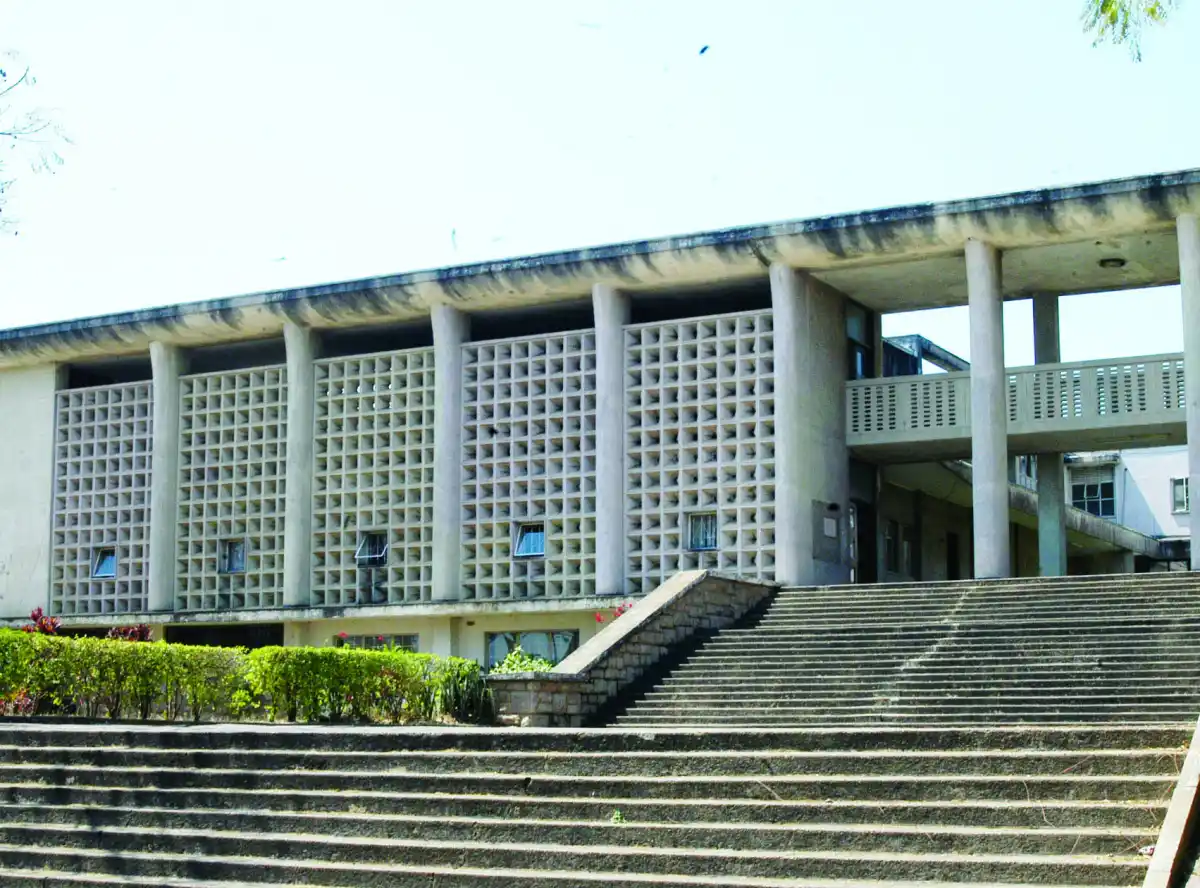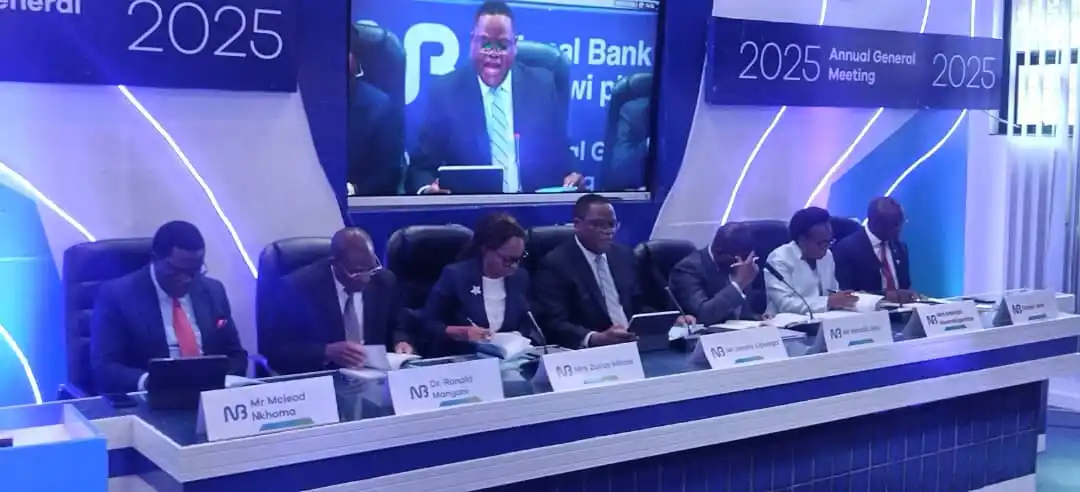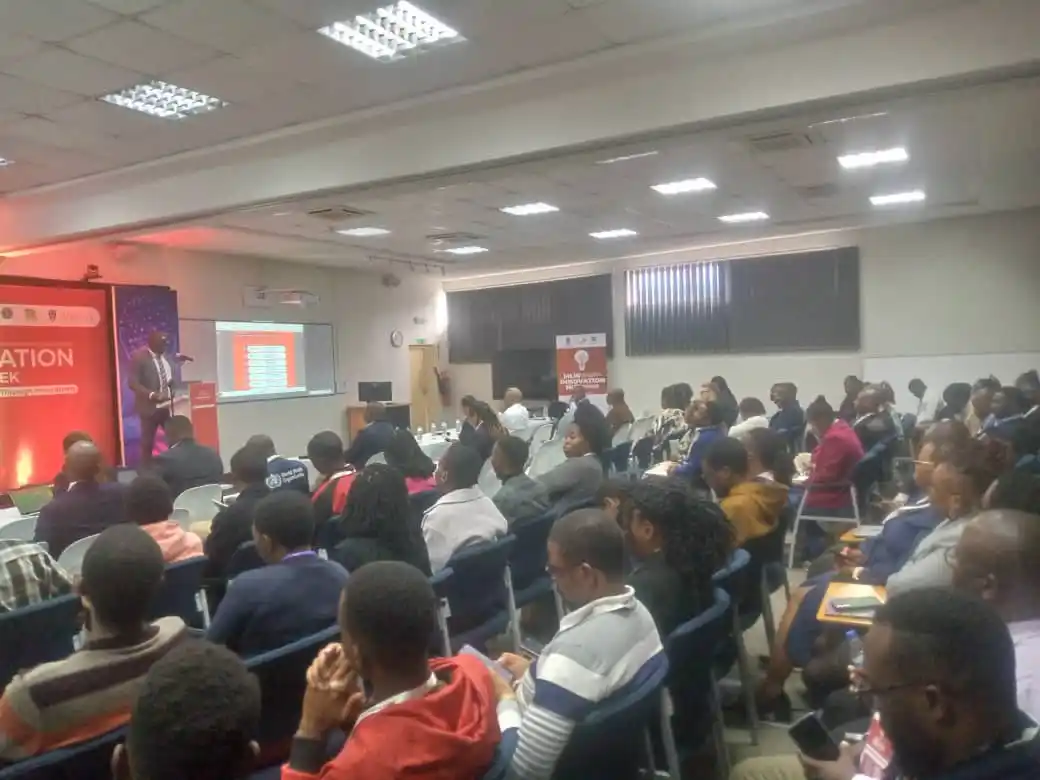
Malawi’s legal system is notoriously slow, according to the United States Investment Climate Statement released this week.
According to the report, delays in legal proceedings can affect the efficiency and effectiveness of justice delivery in the country, where corruption remains a major problem at all levels of the public and private sectors.
“Corruption is widespread across both the public and private sectors. Skilled labour is scarce, although political risk is manageable with minimal tribal, religious, regional, ethnic, or racial tensions,” reads part of the report.
According to the report, forex scarcity remains a challenge, affecting investors.
Although the government aims to maintain a three-month supply of forex, it often falls short, leading to delays in the remittance of foreign investment funds.
The report further says there are no restrictions on remittance if the funds were initially from foreign sources and registered with the Reserve Bank of Malawi.
“Infrastructure investment is limited, with Malawi being a land-locked country with a poor road network and limited electrification. Imports and exports are hindered by high tariffs and trade barriers. Only about 11 percent of the population has access to regular electricity, and internet services are unreliable and costly,” reads part of the report.
It says that although the government is committed to climate change initiatives, guided by the Environmental Management Act, resource limitations and poverty hinder effective implementation of climate adaptation and resilience programs.
According to the report, Malawi’s economy experienced significant disruptions due to the Covid-19 pandemic and the Russian invasion of Ukraine.
The report says macroeconomic and fiscal challenges remain. The government’s heavy debt burden and persistent fiscal deficits are likely to restrain economic expansion that outpaces population growth.

President of the Malawi Law Society (MLS), Patrick Mpaka, has said the report raises well-known points that “we must all feel obliged to try and urgently correct if we are to facilitate reliable FDI [Foreign Director Investment] into the country”.
“MLS and MCCCI [Malawi Confederation of Chambers of Commerce and Industry] initiatives such as the establishment of an arbitration center will go in some way to alleviating these kinds of challenges, and one hopes that the judicial reforms initiative on which MLS is now working on with the Ministry of Justice and the Malawi Judiciary will also go through at an early stage to further contribute to overcoming these well-known challenges in our country,” Mpaka said.
Economic commentator Velli Nyirongo said to transform Malawi into a preferred destination for investors, it is crucial to create a favourable business environment.
“Enhancing the efficiency of Malawi’s legal system, particularly in expediting commercial cases, is paramount. Establishing specialized institutions, such as a financial ombudsman, could significantly aid this process,” he said.
He however said recent legislative changes in 2022 and early 2023 have made land ownership for foreign businesses more restrictive.
“While these reforms aim to protect local interests, it is essential to review these laws to balance investor friendliness with local benefits,” Nyirongo said.
The reports cover topics including openness to investment, legal and regulatory systems, protection of real and intellectual property rights, the financial sector, state-owned enterprises, responsible business conduct, and corruption.








0 Comments